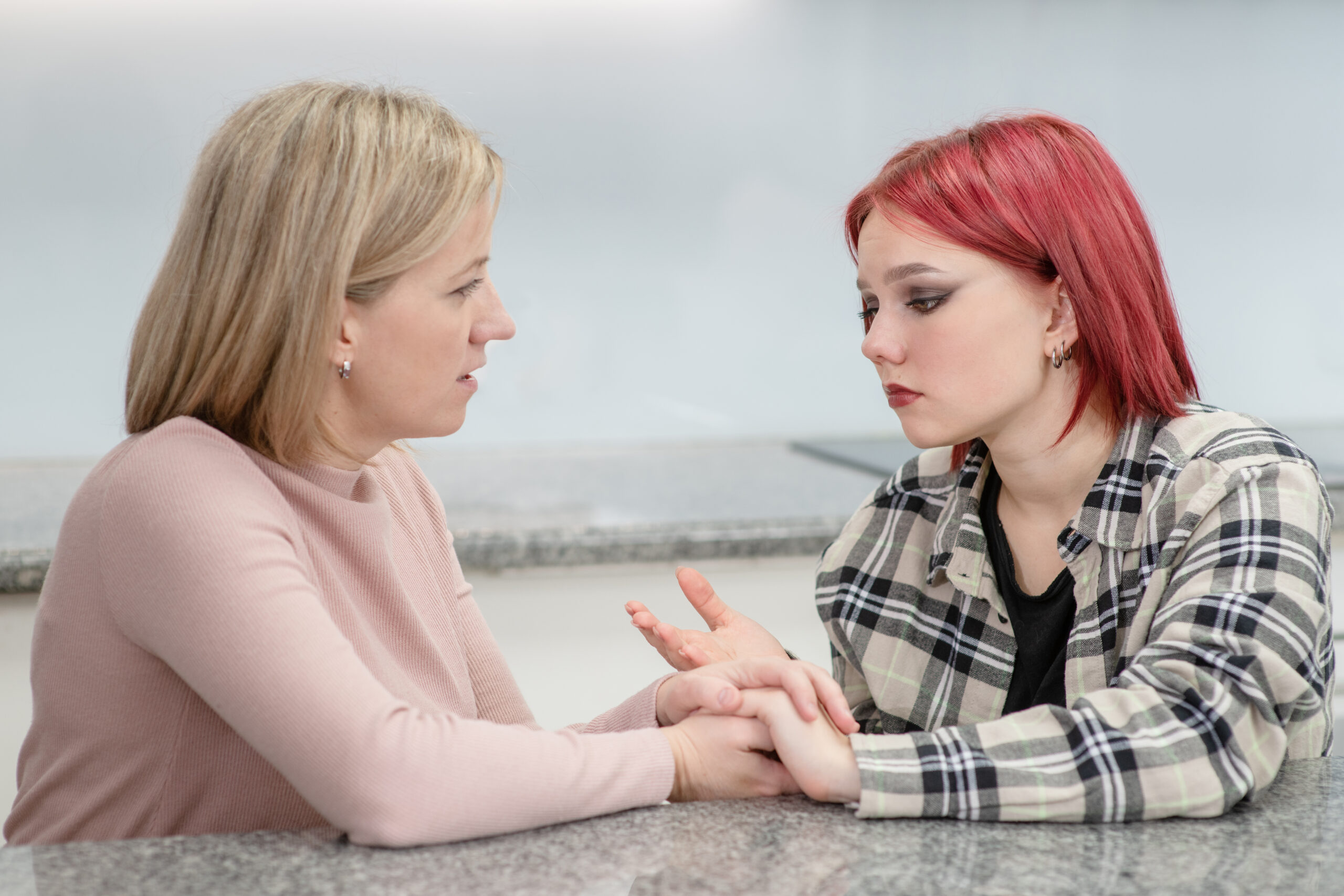Children disputes and mediation
Agreeing new arrangements for children during the break-up of a relationship is difficult. Divorce and separation leads to a great deal of disruption. Managing those changes when trust is dented by betrayal, or lost hopes of a joint shared future is a tall order. Children will also be affected by the seismic changes all around them. They can seem to regress to a younger age and need more than usual attention. Issues can become more pressing or difficult, such as bed wetting, or problematic behaviour and it’s tempting to blame the other parent.

Involving an outside neutral person can help discussions. If conflict is very high, finding someone outside family and friends will probably be more productive. Family mediation is a service that offers meetings, together or separately, about children’s arrangements, or separating the finances. It is a formal system that allows both people to have discussions, with the process being managed by the mediator. Ideas are aired, with the opportunity to discuss things without falling into arguments, aiming to find agreements.
As a family mediator and divorce solicitor my clients are all going through some form of separation. My professional training includes specialist knowledge to help parents manage challenging and some special needs parenting. My clients find this helpful in mediation, alongside my own very wide parenting experience. For example, you might need to find an agreed parenting response to newly challenging behaviour in the children since the changes.
If agreement cannot be found, you might need to turn to the Court. Since the covid pandemic there have been significant delays and a shortage of judges. So, if there are problems developing about children’s arrangements it’s a good idea to address them early on. Get some legal advice to inform your negotiations and try to agree what you can through mediation, even if not everything. There are helpful ideas for parenting plans on the Cafcasss website[1].
If there are issues of domestic abuse, mediation is limited. It is still something to consider, with a lawyer or with the mediator, but it will depend from family to family. The Courts take allegations of domestic abuse very seriously and do examine them carefully. The Domestic Abuse Act 2021 has given definitions of domestic abuse which include controlling/coercive behaviour, and emotional and economic abuse too. The Act recognises that children who see, hear or experience domestic abuse are victims in their own right. Children witnessing violent or frightening behaviour will be very effected by it, particularly if it is carried out by one loved parent against the other. Experience of domestic abuse or being accused unfairly of it, or issues such as alienating a child from a parent by using false allegations is very serious and if this is your situation it is a good idea to get legal advice very early on, for example a one-off meeting to ensure you know how best to tackle the situation.
If you have any questions about this article or any other on www.hmbsolicitors.co.uk., please feel free to email me on sb@hmbsolicitors.co.uk.
Sarah Beskine
Family Lawyer, mediator, and collaborative lawyer

